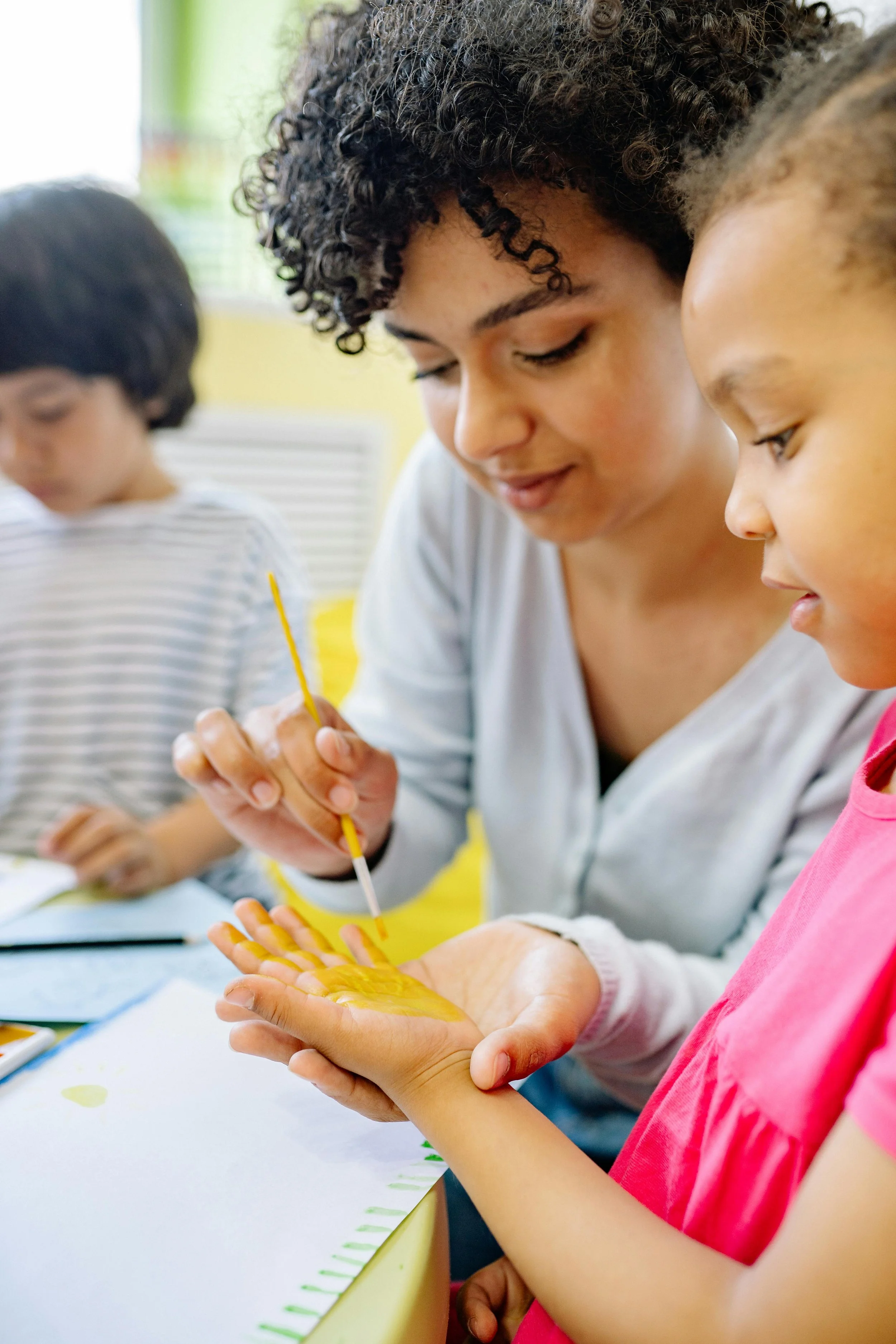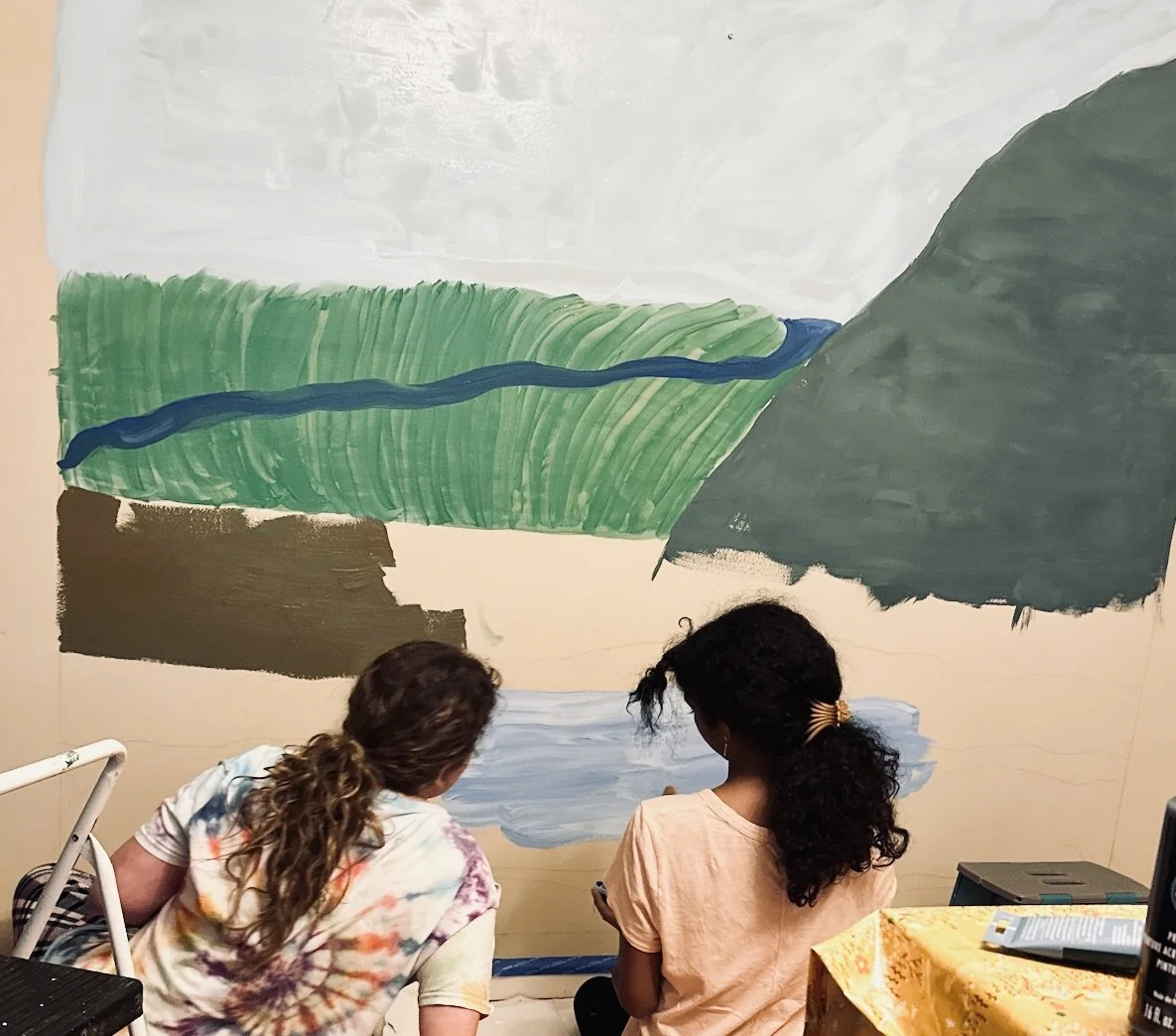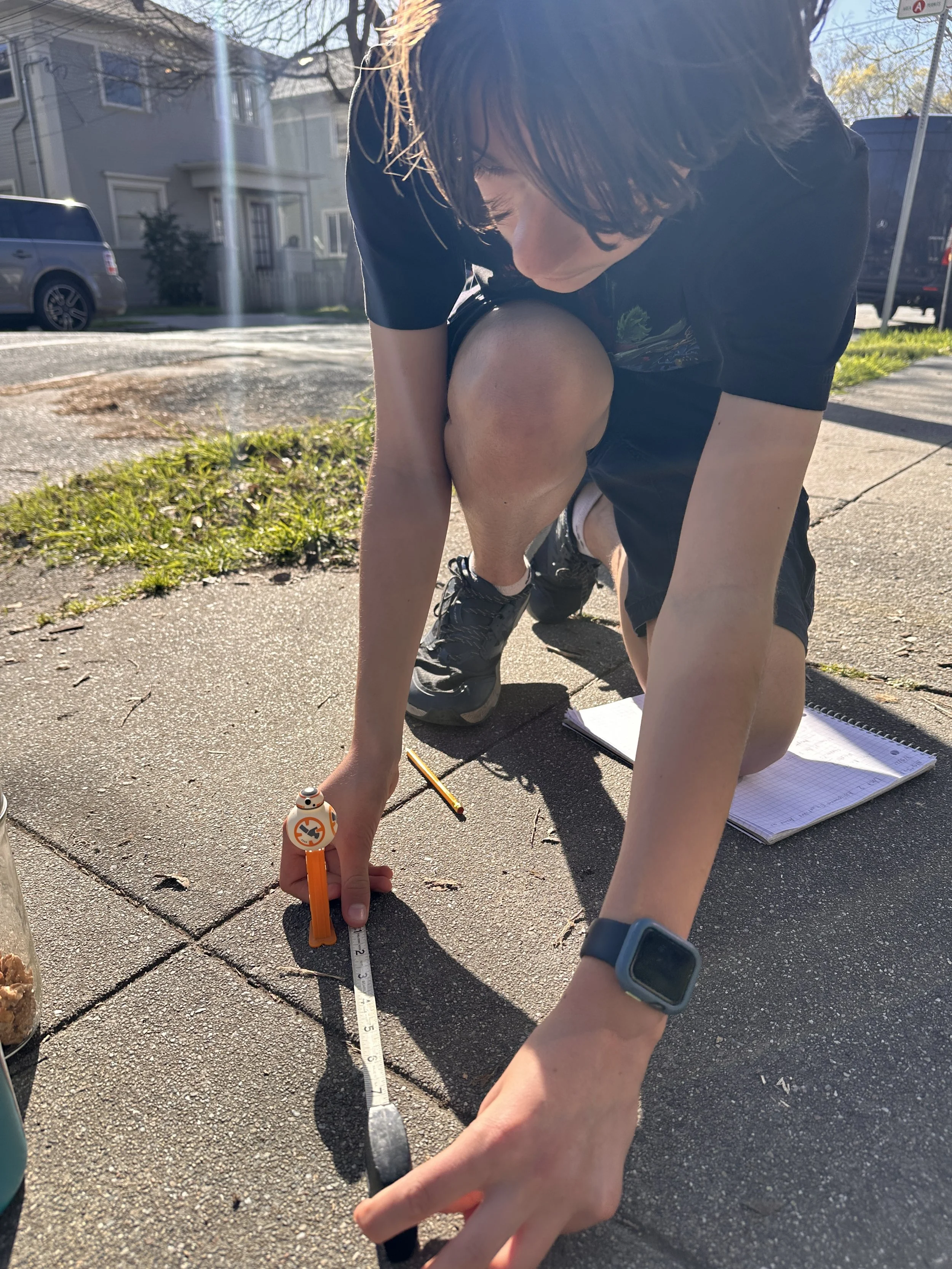
The Way We Learn
Sacramento Community School was founded on the belief that traditional models of education no longer serve the needs of today’s children or the world they’re inheriting. As our society faces complex and interconnected challenges, students need more than memorization and test prep. They need learning communities that recognize that human development and learning are part of an interconnected whole. Students need an academic program that stirs their curiosity, honors their inner lives, and invites them to make sense of the world through rich, interdisciplinary projects. Yes, students need to build literacy and understanding, but also the confidence and agency to shape their own learning and lives.
Our approach is grounded in the principles of interdisciplinary studies and Project-Based Learning (PBL). By integrating multiple subjects in a cohesive project, we empower students to think flexibly and persist through challenges. Research from organizations like PBLWorks and major universities shows that students in high-quality project-based programs retain content longer, perform better on standardized assessments, and build stronger problem-solving and collaboration skills than their peers in traditional settings. Simply put, project-based learning works and it prepares students for both academic success and meaningful engagement in the world.
Learning Tool Box
Taking inspiration from organizations like NCTM, Next Generation Science, Brightworks, Nueva, Harvard’s Project Zero, CASEL, and Deeper-Learning, our program leads students to develop academic and problem-solving skills, and to engage in exciting explorations and hands-on experiences.
Arts, making, and creative exploration are fundamental to how students learn, express themselves, explore identity, and engage with academic content at our school. Projects often blur the lines between art and engineering, inviting experimentation, problem-solving, and joyful discovery.
Mathematics becomes relevant when contextualized in project work and grounded in real-world engagement. It is essential for understanding patterns, solving problems, and making sense of the world. It is strengthened with daily number conversations, inquiry-based explorations, regular skill-building practice, and engaging mathematical tasks each day.
Science study comes naturally to students as they observe, predict, and test theories about their surroundings. We encourage experimentation, risk-taking, and open-ended investigations with no “correct answers.” We invite students to think and work like scientists, design investigations, analyze data, and communicate explanations through hands-on, collaborative projects.
Communication and literacy skills are developed daily and are integrated across the curriculum as tools for inquiry, expression, and connection. Students engage with rich, meaningful texts, and learn to write with voice and purpose. Each student has personalized literacy goals and engages in daily reading and writing practice.
Social studies and civic engagement helps students understand who they are, where they come from, and how they relate to others in an interconnected world. We explore history, geography, culture, and current events through inquiry, storytelling, and project-based learning that honors multiple perspectives. Community engagement is woven into the curriculum, connecting classroom learning to real-world issues.
At SCS, students dive into interdisciplinary projects that integrate reading, writing, math, science, social studies, and the arts. They might design solutions to environmental problems, build models, conduct interviews, write persuasive essays, or create exhibitions to share their learning. Projects are carefully crafted to be developmentally appropriate, academically rigorous, and personally meaningful. Interdisciplinary learning isn’t just about making projects more engaging—it’s about preparing students for a world that doesn’t operate in separate subject areas. In real life, artists use coding, scientists communicate through storytelling, and engineers rely on creative design principles. When we blur the lines between subjects, we empower students to think flexibly, collaborate across disciplines, and see themselves as creators and problem-solvers.
We believe in process over product. Learning here is active, not passive. It involves experimentation, revision, teamwork, and reflection. Our students learn to stick with challenges, revise their thinking, self-assess work and attention, and celebrate progress. In doing so, they develop resilience, independence, and pride in their work.
We are proud to offer a model of education that is academically robust, emotionally intelligent, and deeply human.
The U.S. National Science Foundation gives high priority to research that is interdisciplinary.
To learn more about the research behind Project Based Learning, visit PBLWorks.
Why Project-Based Learning?
Studies continue to show that when students learn through real-world projects, they become more engaged and achieve at higher levels. Linda Darling-Hammond, a leading education expert, notes that this kind of hands-on, inquiry-driven approach reflects what actually works in classrooms and supports lasting learning.



